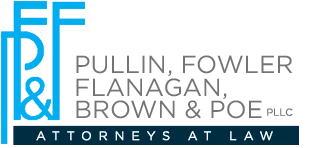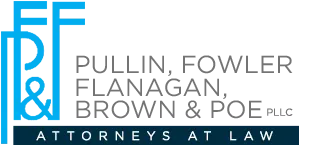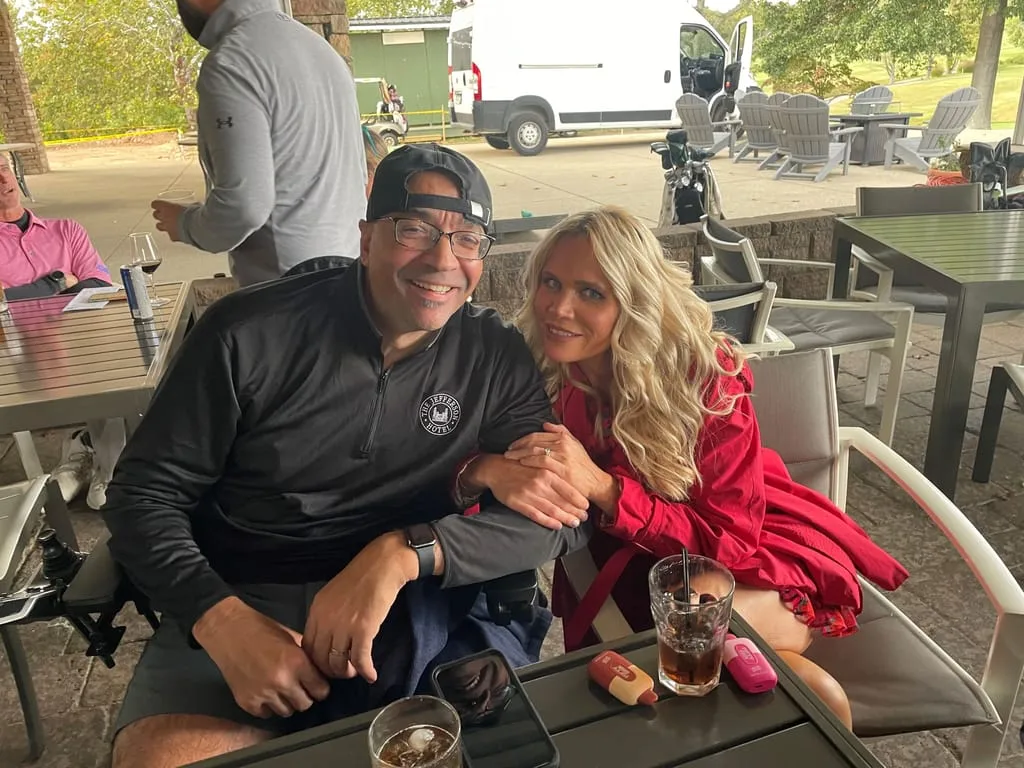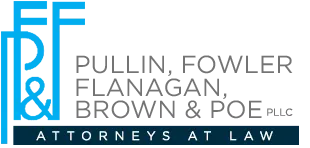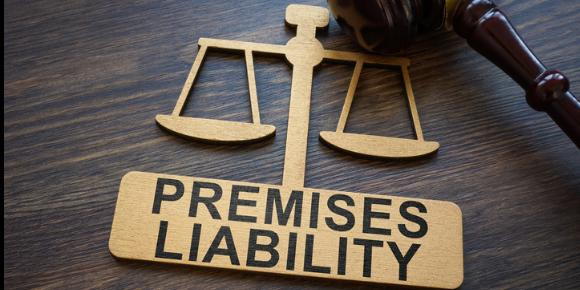
- posted: Nov. 20, 2023
- Personal Injury
As a commercial or residential property owner in West Virginia, you have a legal duty to keep your property safe for anyone who may be expected to enter. This means taking reasonable steps to identify and eliminate hazardous conditions. If someone who is legally on your property gets hurt due to a hazardous condition, you may be held liable for their injuries.
Premises liability can apply to a wide range of hazardous conditions, including:
- Slip and fall hazards, such as wet floors, icy sidewalks and uneven surfaces
- Tripping hazards, such as loose mats, cords and clutter
- Falling objects, such as loose branches, shingles and signs
- Defective products, such as playground equipment, swimming pools and appliances
- Dangerous animals, such as dogs and wild animals
- Improper security, such as broken locks and inadequate lighting
If a visitor sues you for injuries sustained on your property, there are a number of defenses you can raise. Chief among them is the “open and obvious” defense, which is based on the principle that visitors have a duty to use reasonable care. West Virginia Code §55-7-28 states that a possessor of real property owes no duty of care to protect others against dangers that are open, obvious or reasonably apparent. An example is an area of the property that is undergoing maintenance. A visitor who enters despite the presence of such a hazard may be considered to have assumed the risk of injury.
Whether or not a condition is open and obvious depends on the facts and circumstances. For example, ongoing construction or maintenance may not be open and obvious if it is obscured so as to disguise its nature — such as a tarp thrown over a section of flooring under repair. Also relevant is whether the hazard is located in an area where visitors are likely to be distracted, such as by a retail store’s audiovisual displays that are designed to attract shoppers’ attention.
Another defense to a premises liability claim is contributory negligence, which reduces the amount of damages when a visitor was partially at fault for their own injuries. For example, a visitor slips and falls on a wet floor, but was focusing attention on their cellphone at the moment of the accident.
Still another defense can be your lack of knowledge of the hazardous condition. However, you have a duty to inspect your property regularly. If you would have discovered the hazard by conducting a timely inspection, this defense may be less effective.
These defenses are fact-specific and sometimes require expert witnesses. An experienced premises liability defense attorney can analyze your potential liability and devise a strategy aimed at minimizing or eliminating it.
The attorneys of Pullin, Fowler, Flanagan, Brown & Poe, PLLC in Charleston regularly defend West Virginia landowners and occupants in lawsuits claiming that injuries were suffered on their properties. Call us at 304-344-0100 or contact us online to arrange a consultation.
